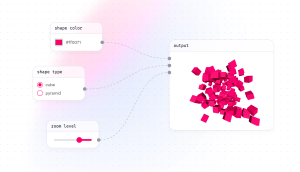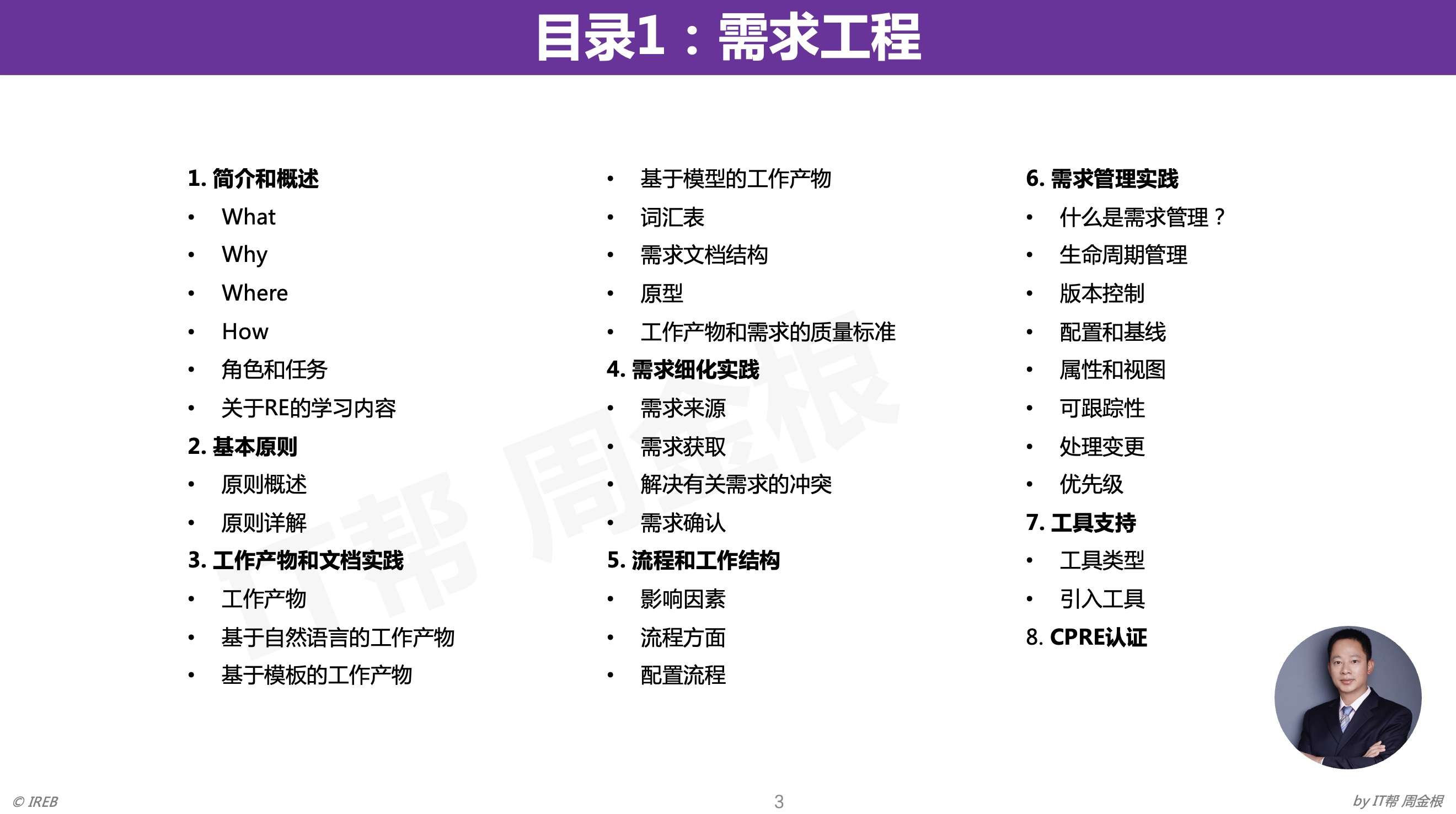原文:https://www.gartner.com/en/articles/what-are-ai-architects-and-what-do-they-do
Artificial intelligence (AI) initiatives often stall because of poor architectural choices, a lack of preparation and the inability to scale. Enterprise architecture and technology innovation leaders can create an AI architect role to help build a robust enterprisewide architecture for AI.
人工智能 (AI)举措经常因为架构选择不当、缺乏准备和无法扩展而停滞不前。企业架构和技术创新领导者可以创建 AI 架构师角色,以帮助为 AI 构建强大的企业级架构。
Through 2023, Gartner estimates that 50% of IT leaders will struggle to move their AI projects past the proof of concept (POC) stage into production. To increase the chances of success, organizations can hire an AI architect to help define the architectural strategy, create workflows, identify toolsets and scale artificial intelligence operations.
Gartner估计,到2023年,50%的IT领导者将努力将他们的AI项目从概念验证(POC)阶段转移到生产阶段。为了增加成功的机会,组织可以聘请 AI 架构师来帮助定义架构策略、创建工作流、识别工具集和扩展人工智能操作。
Who are AI architects? 谁是人工智能架构师?
“AI architects are the curators and owners of the AI architecture strategy. They are the glue between data scientists, data engineers, developers, operations (DevOps, DataOps, MLOps) and business unit leaders to govern and scale the AI initiatives,” says Arun Chandrasekaran, Distinguished VP Analyst at Gartner.
“AI架构师是AI架构战略的策展人和所有者。他们是数据科学家、数据工程师、开发人员、运营(DevOps、DataOps、MLOps)和业务部门领导者之间的粘合剂,用于管理和扩展人工智能计划,“Gartner 杰出副总裁分析师 Arun Chandrasekaran 说。
They work closely with enterprise and solution architects, but unlike the enterprise architecture team, which is responsible for a broad set of functions, they are laser-focused on building a robust enterprisewide architecture for AI.
他们与企业和解决方案架构师密切合作,但与负责广泛职能的企业架构团队不同,他们专注于为 AI 构建强大的企业级架构。
What do AI architects do? 人工智能架构师是做什么的?
AI has a diverse range of use cases and deployment models, so AI architects need a wide array of capabilities:
AI 具有多种用例和部署模型,因此 AI 架构师需要广泛的功能:
- Collaborate with data scientists and other AI professionals to augment digital transformation efforts by identifying and piloting use cases. Discuss the feasibility of use cases along with architectural design with business teams and translate the vision of business leaders into realistic technical implementation.
与数据科学家和其他 AI 专业人员协作,通过识别和试点用例来增强数字化转型工作。与业务团队讨论用例的可行性以及架构设计,并将业务领导者的愿景转化为现实的技术实施。
At the same time, bring attention to misaligned initiatives and impractical use cases.
同时,引起人们对不对齐的举措和不切实际的用例的关注。 - Align technical implementation with existing and future requirements by gathering inputs from multiple stakeholders — business users, data scientists, security professionals, data engineers and analysts, and those in IT operations — and developing processes and products based on the inputs.
通过收集来自多个利益相关者(业务用户、数据科学家、安全专业人员、数据工程师和分析师以及 IT 运营人员)的输入,并根据输入开发流程和产品,使技术实施与现有和未来需求保持一致。 - Play a key role in defining the AI architecture and selecting appropriate technologies from a pool of open-source and commercial offerings. Select cloud, on-premises or hybrid deployment models, and ensure new tools are well-integrated with existing data management and analytics tools.
在定义 AI 架构和从开源和商业产品池中选择适当的技术方面发挥关键作用。选择云、本地或混合部署模型,并确保新工具与现有数据管理和分析工具充分集成。 - Audit AI tools and practices across data, models and software engineering with a focus on continuous improvement. Ensure a feedback mechanism to assess AI services, support model recalibration and retrain models.
审核跨数据、模型和软件工程的 AI 工具和实践,重点关注持续改进。确保反馈机制来评估 AI 服务,支持模型重新校准和重新训练模型。 - Work closely with security and risk leaders to foresee and overturn risks, such as training data poisoning, AI model theft and adversarial samples, ensuring ethical AI implementation and restoring trust in AI systems. Remain acquainted with upcoming regulations and map them to best practices.
与安全和风险领导者密切合作,预测和扭转风险,例如训练数据中毒、AI 模型盗窃和对抗性样本,确保 AI 实施合乎道德并恢复对 AI 系统的信任。随时了解即将出台的法规,并将其映射到最佳实践。
What skills do AI architects need? AI 架构师需要什么技能?

AI architects need a diverse set of skills that can be difficult to acquire in a short time.
人工智能架构师需要一套难以在短时间内获得的多样化技能。
Technical skills include:
技术技能包括:
- AI architecture and pipeline planning. Understand the workflow and pipeline architectures of ML and deep learning workloads. An in-depth knowledge of components and architectural trade-offs involved across the data management, governance, model building, deployment and production workflows of AI is a must.
AI 架构和管道规划。了解 ML 和深度学习工作负载的工作流和管道架构。必须深入了解人工智能的数据管理、治理、模型构建、部署和生产工作流程中涉及的组件和架构权衡。 - Software engineering and DevOps principles, including knowledge of DevOps workflows and tools, such as Git, containers, Kubernetes and CI/CD.
软件工程和DevOps原则,包括DevOps工作流程和工具的知识,如Git,容器,Kubernetes和CI / CD。 - Data science and advanced analytics, including knowledge of advanced analytics tools (such as SAS, R and Python) along with applied mathematics, ML and Deep Learning frameworks (such as TensorFlow) and ML techniques (such as random forest and neural networks).
数据科学和高级分析,包括高级分析工具(如SAS,R和Python)的知识,以及应用数学,ML和深度学习框架(如TensorFlow)和ML技术(如随机森林和神经网络)。
Non-technical skills include:
非技术技能包括:
- Thought leadership. Be change agents to help the organization adopt an AI-driven mindset. Take a pragmatic approach to the limitations and risks of AI, and project a realistic picture in front of IT executives who provide overall digital thought leadership.
思想领导力。成为变革推动者,帮助组织采用 AI 驱动的思维方式。对人工智能的局限性和风险采取务实的方法,并在提供整体数字思想领导力的 IT 高管面前投射出现实的画面。 - Collaborative mindset. To ensure that AI platforms deliver both business and technical requirements, seek to collaborate effectively with data scientists, data engineers, data analysts, ML engineers, other architects, business unit leaders and CxOs (technical and nontechnical personnel), and harmonize the relationships among them.
协作心态。为了确保人工智能平台同时满足业务和技术要求,请寻求与数据科学家、数据工程师、数据分析师、ML 工程师、其他架构师、业务部门负责人和 CxO(技术和非技术人员)进行有效协作,并协调他们之间的关系。
In short: 总之:
- The growing diversity and urgency of artificial intelligence (AI) projects, products and deployment models is creating the need for an AI architect role.
人工智能 (AI) 项目、产品和部署模型的日益多样化和紧迫性正在产生对 AI 架构师角色的需求。 - AI architects envision, build, deploy and operationalize an end-to-end machine learning (ML) and AI pipeline.
AI 架构师设想、构建、部署和操作端到端机器学习 (ML) 和 AI 管道。 - AI architects can help build a robust enterprisewide architecture for AI and collaborate with data scientists, data engineers, developers, operations and security.
AI 架构师可以帮助构建强大的企业级 AI 架构,并与数据科学家、数据工程师、开发人员、运营和安全人员协作。



